ANU economist Bruce Chapman backs international student tax
HECS loan scheme architect Bruce Chapman calls for a $1bn a year levy on international student fees, provoking a backlash from the Group of Eight, which label it an ‘envy tax’.
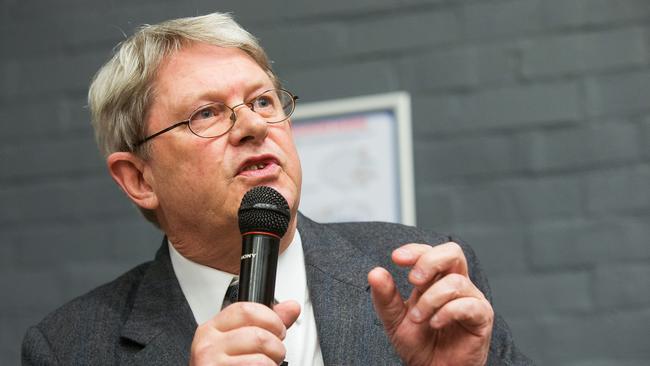
Bruce Chapman, the economist who designed Australia’s HECS student loan scheme, has strongly backed a $1bn a year levy on international student fees, provoking a backlash from the Group of Eight universities, which label it an “envy tax”.
Professor Chapman’s call for an international student tax puts it in the frame to be included in the federal government’s Universities Accord review, now expected to be released in February instead of December. Federal Education Minister Jason Clare has regularly consulted Professor Chapman about the accord, and the economist is advising the review’s panel, chaired by Mary O’Kane.
Professor Chapman and his economist colleague at the Australian National University, Rabee Tourky, write in today’s Australian that the nation’s oldest universities, which enjoy the biggest gains from international student fees, have benefited from a century or more of taxpayer support to build the reputations that allow them to attract large numbers of high fee paying international students.
“Isn’t it then apposite that taxpayers should share some of this revenue via a small levy? Basic social welfare and economics tells us that the case is incontestable,” write Professor Chapman and Professor Tourky, who is director of the ANU’s Research School of Economics.
The pair say a tax of 5-10 per cent on this year’s estimated international student fee revenue of $10bn would raise $500m to $1bn a year for the government.
They also say the tax is unlikely to discourage international students from coming to Australia because the market is not very sensitive to price rises. “The likely overall effects on international student fee revenue from a moderate levy and higher prices will be very small,” they write.
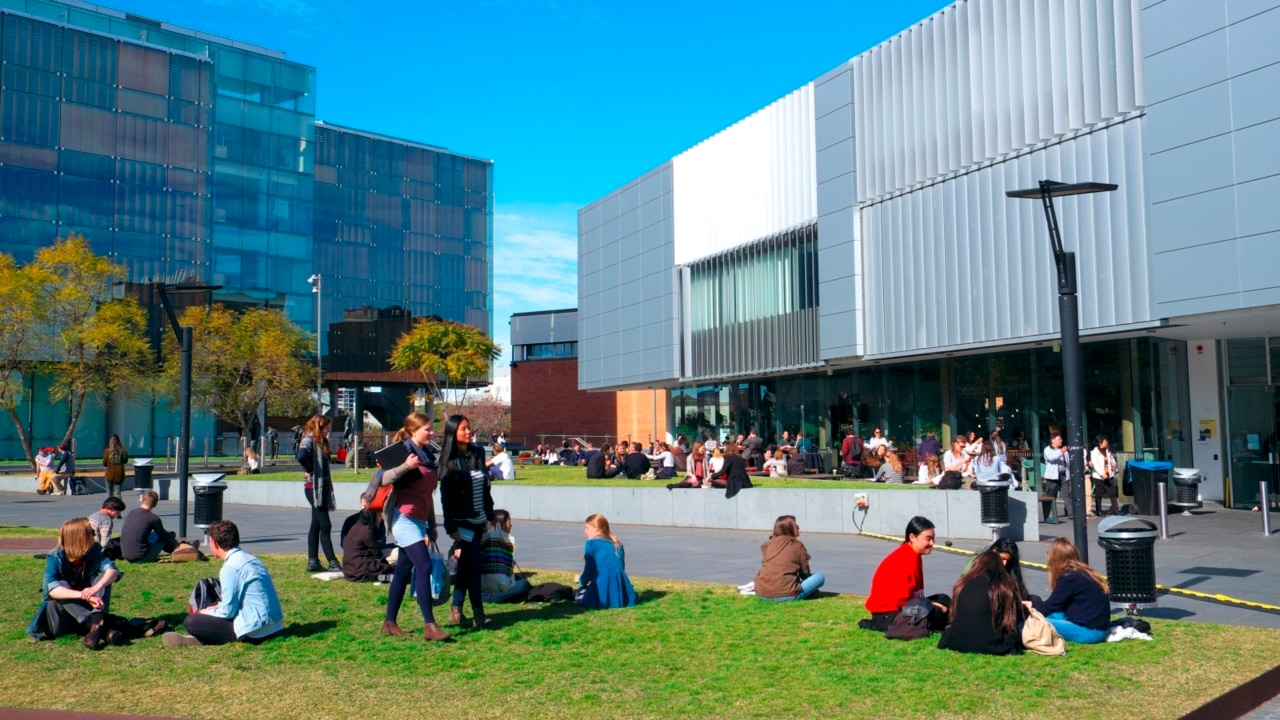
Mr Clare is under pressure to deliver higher education changes from the accord that are budget-neutral, and an international student tax would increase his chances of implementing two of his priorities: boosting the number of students from poor families, and from the bush, at university; and reversing the fee structure introduced by the Morrison government that shifted more of the cost of university on to students and forced humanities, business and law students to pay high $16,000 a year fees.
The impact of an international student tax will mainly hit Australia’s big five universities – Sydney, UNSW, Melbourne, Monash and Queensland – which dominate the lucrative Chinese student market. The big five are likely to earn at least $5bn from international student fees this year, probably be more than half the expected total of the higher education sector, including non-university colleges.
Group of Eight CEO Vicki Thomson rejected the arguments of professors Chapman and Tourky, saying a tax would reduce international student numbers. “The fact is, international students are sensitive to price and a levy would impact demand for international education in Australia,” she said.
“It is an unfair impost on international students who have many choices about where to study outside Australia. International education has become increasingly competitive. It’s our largest services-based export industry and an ‘envy tax’ would set us back decades.”
The Group of Eight universities, which direct much of their international student fee revenue to pay for research, are likely see their call rejected for the accord to recommend significantly higher government research spending.
Indications are that the accord’s wide terms of reference have narrowed to a few key priorities including programs to encourage more disadvantaged students at university, some unwinding of the Morrison government’s university fee structure, and the establishment of a Tertiary Education Commission to oversee the university sector with a remit to make some funding and policy decisions.
The government is not expected to announce its response to the accord final report until near the May budget, and many issues will be addressed over time.



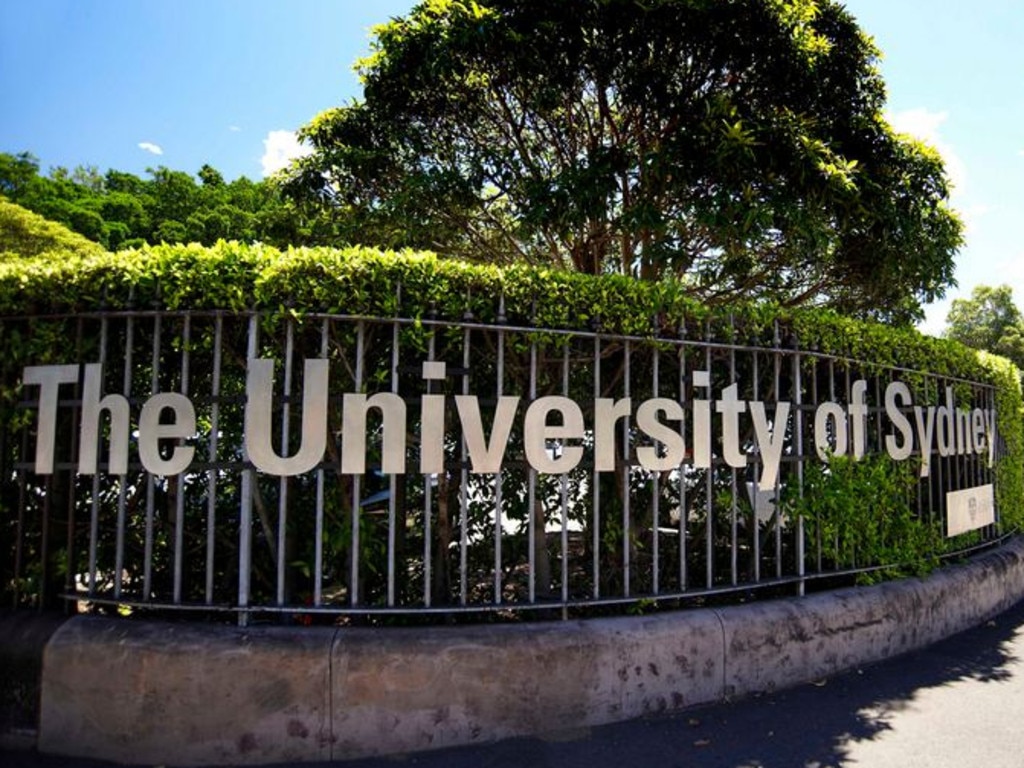
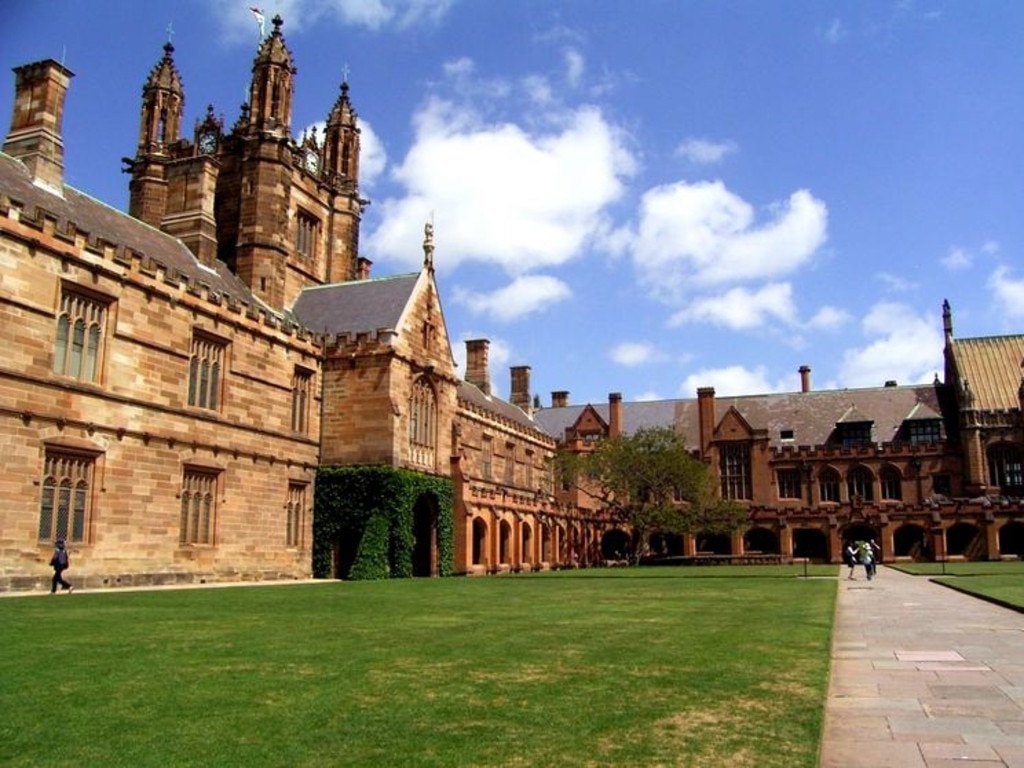
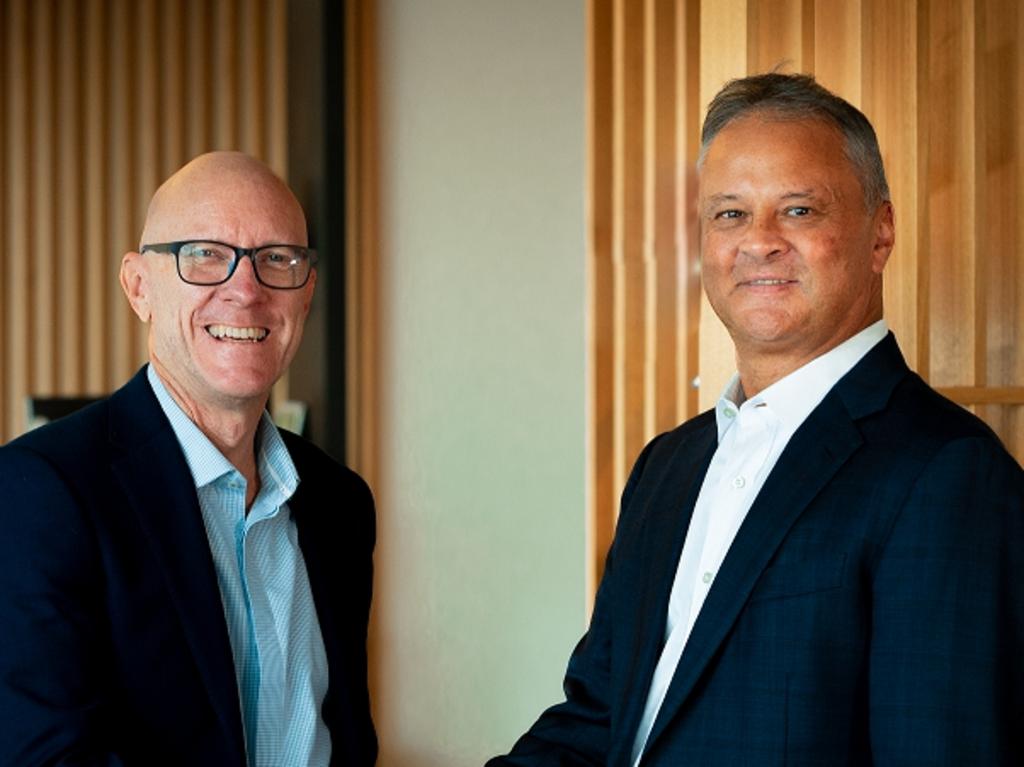
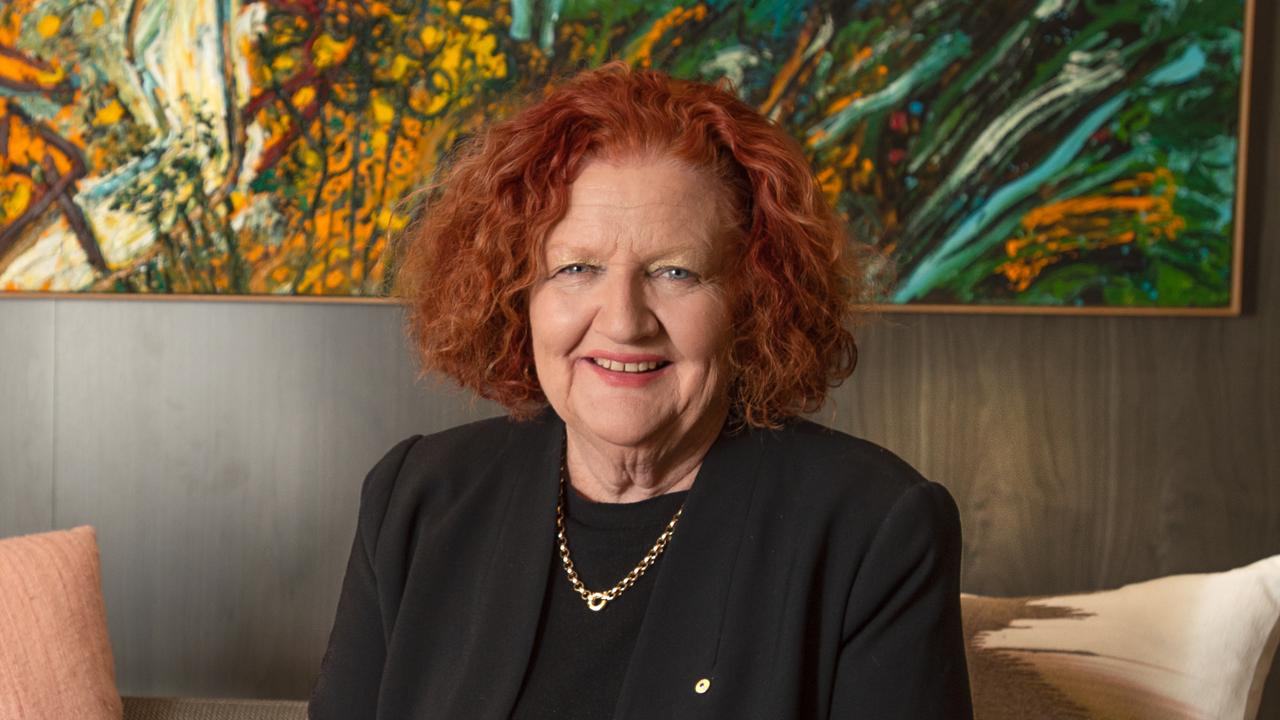

To join the conversation, please log in. Don't have an account? Register
Join the conversation, you are commenting as Logout